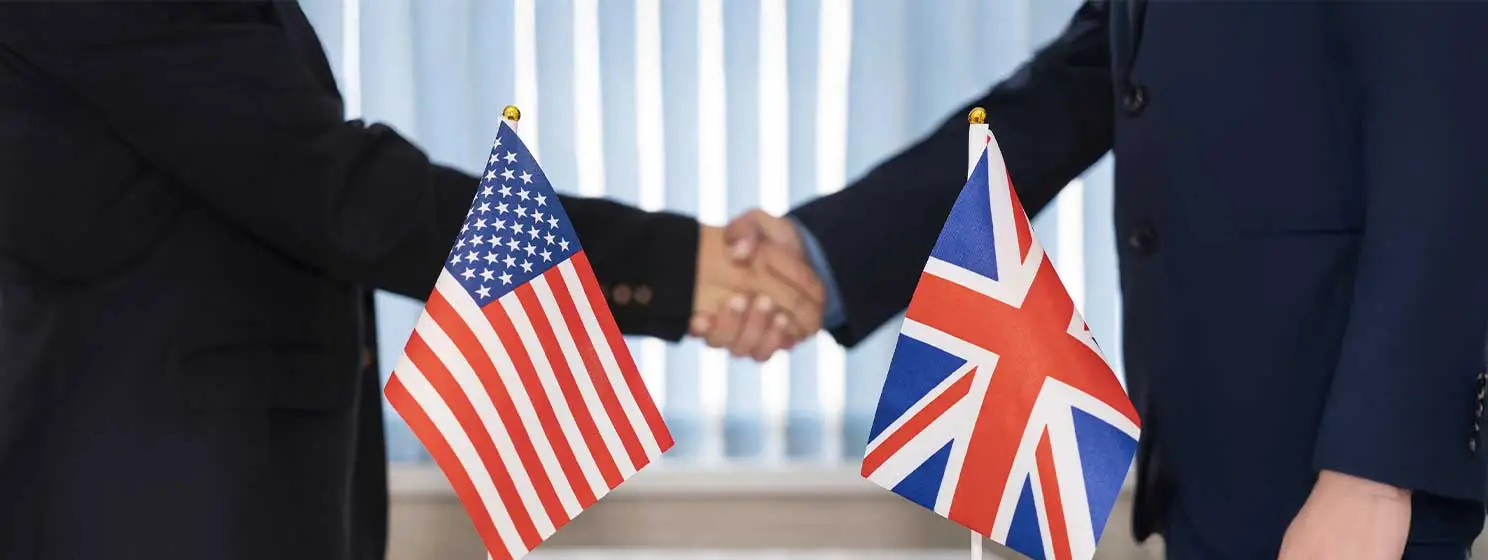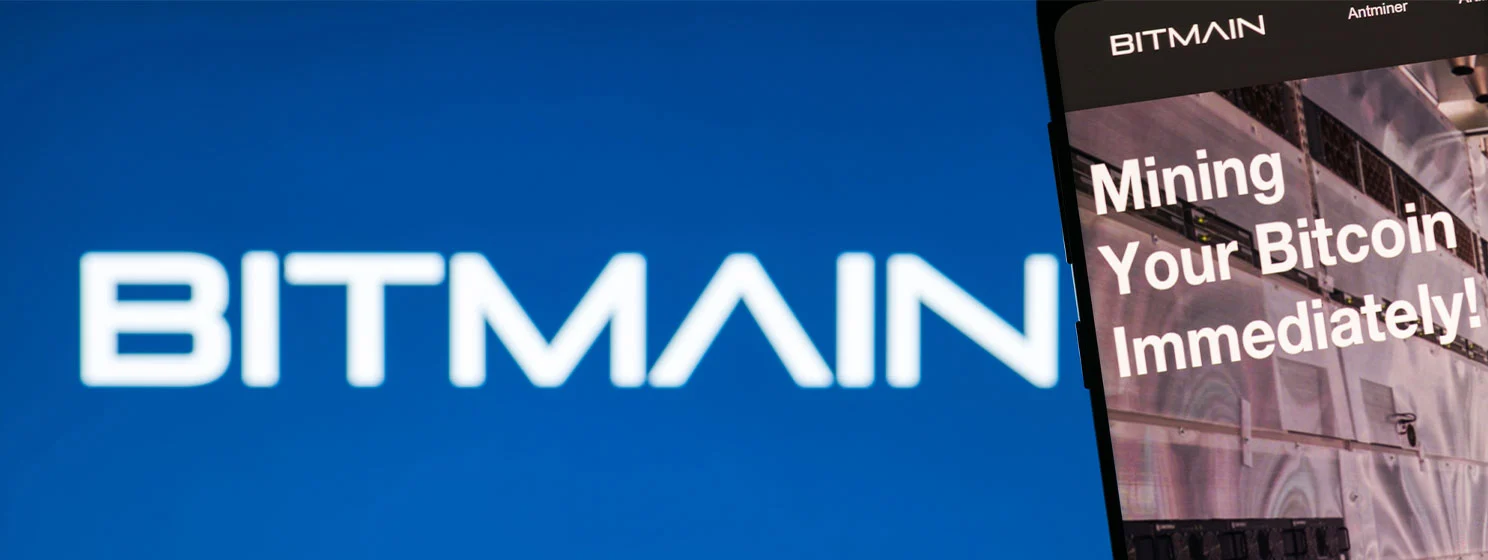|
Getting your Trinity Audio player ready...
|
A Supreme Court judge in British Columbia, Canada, has rejected an application by two defendants to set aside an order given to freeze assets involved in an alleged case of cryptocurrency fraud.
According to local reports, B.C. Supreme Court Judge Elliot M. Myers has denied the petition to set aside an order given in a civil forfeiture suit alleging that the defendants carried out a C$30 million (US$22.5 million) crypto fraud.
In his ruling, Myer stated, “Looking at the matter overall, I do not think the defendants have demonstrated that the seizure is not within the interests of justice.”
The B.C. Civil Forfeiture Office filed a suit last spring, seeking to seize a townhouse, two Range Rover SUVs and funds in Bank of Montreal accounts belonging to two defendants, Lisa Angela Cheng and Kevin Patrick Hobbs, who were facing charges of fraud, tax evasion, and money laundering.
The two, according to the report, ran tech companies Vanbex Group Inc. and Etherparty SmartContracts Inc. Through these companies, the pair reportedly launched a cryptocurrency coin FUEL, and, in the process, raised money by “deceit, falsehood or fraudulent means.”
In their investigations, the Forfeiture Office discovered that the defendants had received more $30 million from the operations. Additionally, they sought to liquidate their assets once they gained knowledge that the Royal Canadian Mounted Police had begun investigations on their activities. According to reports, the luxurious house was listed for sale at C$7.88 million (US$5.9 million) while the two SUVs are valued at C$90,000 (US$67,500) each.
In response, Cheng and Hobbs asked the court to set aside the interim preservation order, claiming it was improperly granted since their lawyer was not present in court hearing. They also claim that the B.C. Civil Forfeiture Office did not have all the facts right while they presented their case. They explained that the criminal conviction for marijuana possession for Hobbs, which was referred in an affidavit, had already been overturned.
The pair have denied soliciting funds from investors for the development and distribution of the FUEL token, claiming that they did not at any particular time promise investors that the value of the token would increase. They also said that the terms, conditions and risks of buying the tokens were laid out in documents prepared by counsel.
No charges are currently filed against Cheng and Hobbs since the criminal investigation is ongoing, according to the court filings.

 09-16-2025
09-16-2025 





